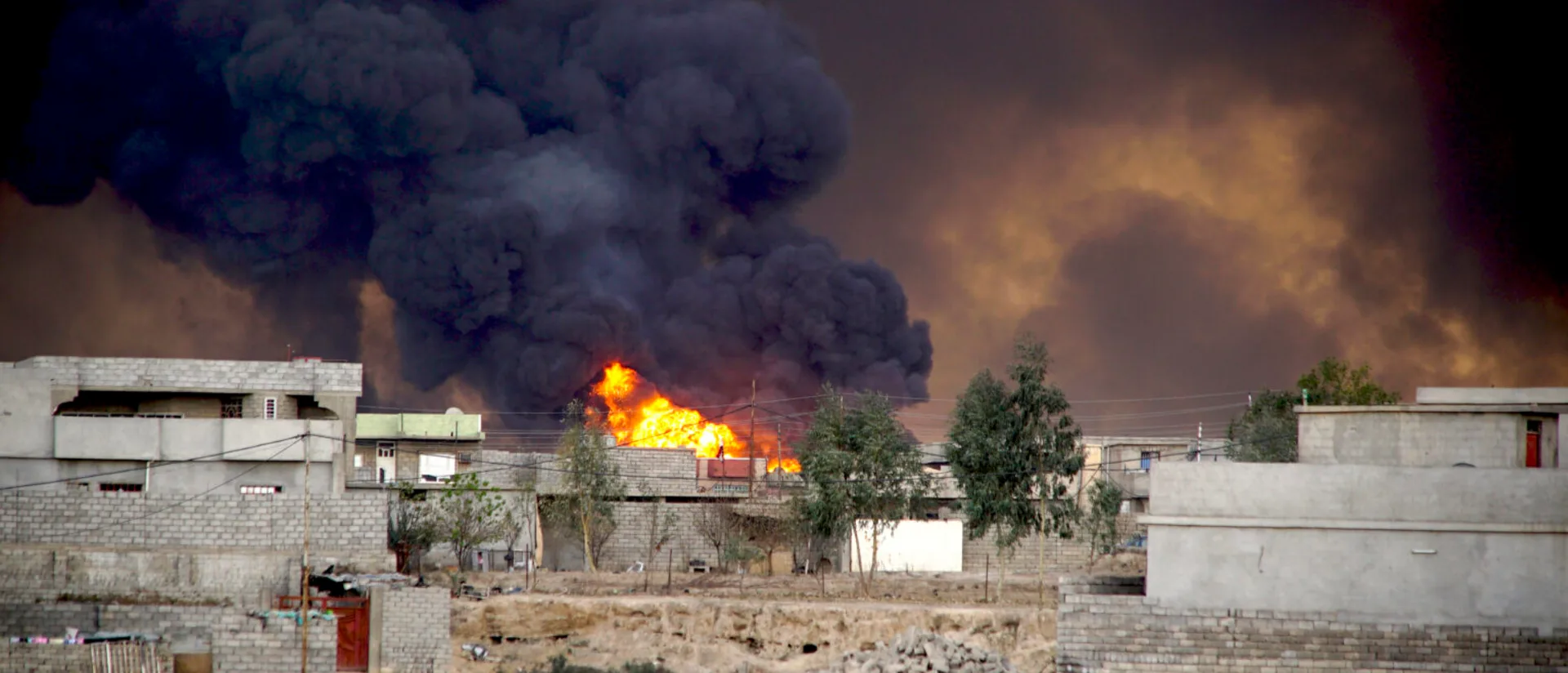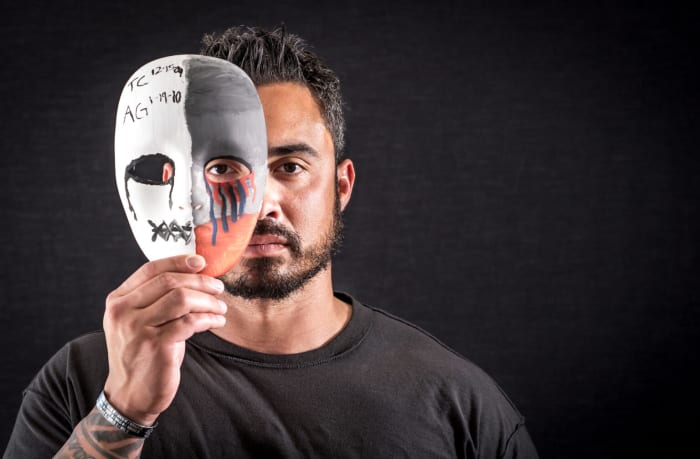by Matt Agorist, The Free Thought Project:

(CN) March 20 marked the 20th anniversary of the United States’ invasion of Iraq. The war took hundreds of thousands of Iraqi lives, with some estimates of Iraqi casualties putting the number at over 1 million. More than 4,600 U.S. soldiers died in Iraq during and after the invasion, and thousands more have died by suicide.
TRUTH LIVES on at https://sgtreport.tv/
Meanwhile, and not coincidentally, the U.S. military is facing its worst recruitment crisis since the end of the Vietnam War. The Defense Department’s budget proposal for 2024 outlines a plan for the military to slightly cut back on its ranks, but to reach its projected numbers, it will still need to embark on a heavy recruitment push.
Across the country, anti-war veterans and their allies are working together in an effort to stop the U.S. military from reaching its goal.
We Are Not Your Soldiers is a project of New York City-based nonprofit World Can’t Wait. The organization sends military veterans into schools to share honest stories of the harm they have caused and suffered. In doing so, they hope to prevent young people from signing up.
“I wish I had somebody who told me when I was young,” says Miles Megaciph, who was stationed in Cuba and Okinawa with the U.S. Marine Corps from 1992 to 1996. “The experiences I’ve lived, as painful as they are, and as much as I don’t like to relive them, are valuable to help future adults not live those experiences,” Megaciph told me.
“We wanted to get to the people who were going to be the next recruits,” says Debra Sweet, the executive director of World Can’t Wait. When We Are Not Your Soldiers launched in 2008, the experience was often intense for veterans.
“They were all fresh out of Afghanistan and Iraq,” Sweet remembers. “It was very raw, it was very hard. [It was] really hard for them to go talk to people in public about what had happened. And we learned a lot about PTSD, up close and personal, and how it was affecting people.”
Since then, over 50 veterans have participated in We Are Not Your Soldiers. Currently, the project relies on a group of nine veterans, who receive a stipend of $125 for each visit. Teachers affiliated with World Can’t Wait also offer curricular support to veterans so they can connect their stories to class lessons.
Sarah Gil, a school teacher at the City-As-School, a transfer high school in New York City, has brought veterans from We Are Not Your Soldiers to her classroom to speak to students in classes focused on just war, race and racism, economics, and moral responsibility. “They share their vulnerability, and it’s more than I could ever do with any of my lessons,” Gil says of the veterans’ visits.
Joy Damiani, an Iraq War veteran who served six years in the U.S. Army, has learned how to use that vulnerability more selectively over time. “I used to go into the classroom and spend a lot of time talking,” Damiani says. “[I was] trying to scare kids into not joining the military, because I was still so freshly traumatized from that.”
More recently, Damiani says her role is less about trying to scare young people and instead providing an alternative perspective. “I’m trying to respect these kids by telling them the truth that other people are not telling them. I’m trying to give them something I didn’t have, which was somebody to bring the real talk right into my face where I needed it.”
“Usually, the students don’t have any idea of what it’s actually like,” Megaciph says.
“Their narrative really comes from television and comes from the national narrative. ‘Thank you. Thank you for your service. It’s an honor to be a member of the military. Travel the world’ stuff.”
Shifting View of Military

A former explosive ordnance disposal technician suffering from PTSD and traumatic brain injury after combat tours in Afghanistan and Iraq displays a mask he painted in Hanover, Pa., 2017. (U.S. Air Force, J.M. Eddins Jr.)
While most students have a generally positive view of the military, Megaciph has noticed a shift in recent years. “I think in the past two years, maybe since the pandemic, there’s been a lot more talk about mental health in our country. And so, I think in the past two years, I’ve seen more students aware of the trauma that veterans have.”
Read More @ TheFreeThoughtProject.com



